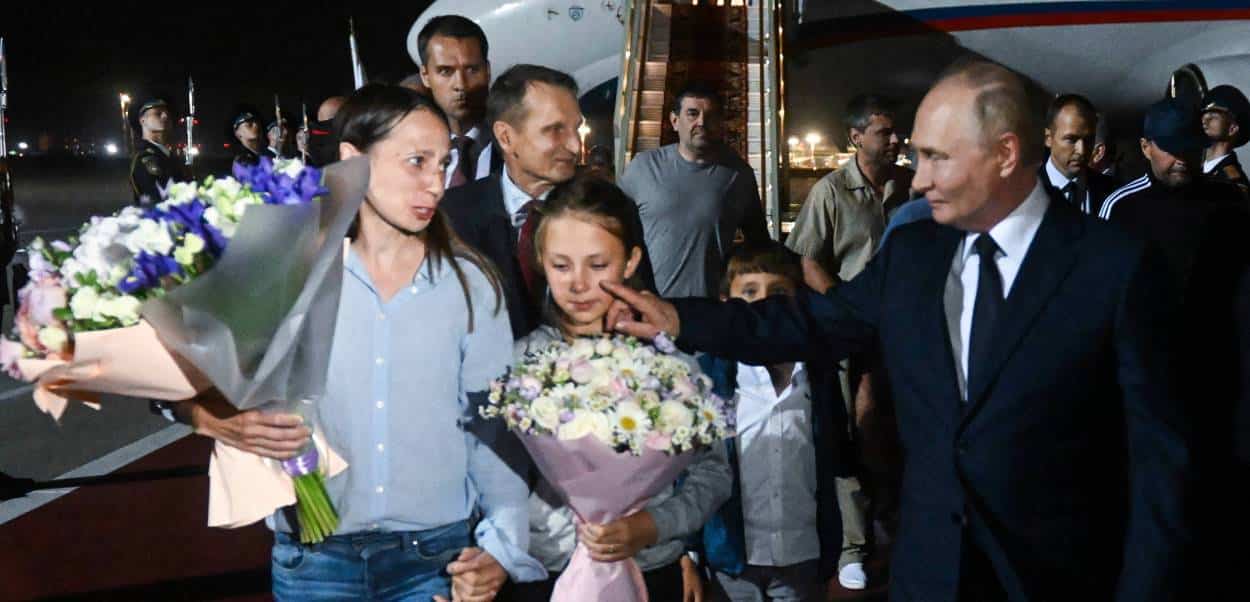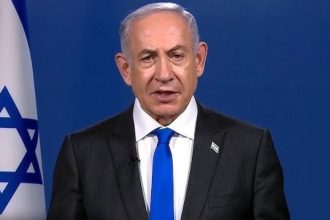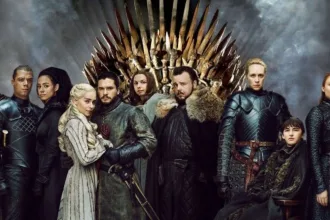When eight Russian citizens, including a convicted hitman, landed in Moscow on Thursday from a historic prisoner swap with the West, President Vladimir Putin welcomed them as heroes. “I want to congratulate you all on your return to your Motherland,” Putin declared, assuring them that Russia had remembered them constantly.
Putin’s reassurance was clear: the Kremlin supports its people, even those caught abroad. This swap, the largest since the Cold War, involved 24 individuals—16 to the West and eight to Russia. The U.S. released individuals like journalists Evan Gershkovich and Alsu Kurmasheva and former marine Paul Whelan, alongside notable Russian dissidents.
In exchange, Russia secured the release of several alleged spies and Vadim Krasikov, an FSB assassin, marking a significant gain for Moscow. “For the target audience, Putin brought back his soldiers, the heroes of a hybrid Third World War,” observed Russian political analyst Konstantin Kalachev. He noted that the message was aimed not just at special services but at millions who see themselves as part of a nation at war.
The returnees included two sleeper agents from Slovenia, a noted hacker, and an alleged Russian colonel who had been posing as a Brazilian researcher in Norway. The key figure for Putin was Krasikov, arrested in Germany in 2019 for an assassination ordered by Moscow, according to Berlin. Putin, a former FSB director, had long sought Krasikov’s return, a point previously resisted by Germany.
Abbas Gallyamov, a former Kremlin speechwriter, suggested that this deal likely boosted the loyalty of Russia’s operatives. “Putin can count on them to work with greater dedication,” he stated.
However, the West now fears that Putin might feel emboldened to engage more aggressively in what it criticizes as “hostage diplomacy.” The Kremlin, meanwhile, affirmed its commitment to securing the release of more Russians it considers unjustly detained abroad.
This swap continues a tradition of exchanges, reminiscent of the 2022 swap involving US basketball star Brittney Griner and Russian arms dealer Viktor Bout. Unlike previous exchanges that typically involved spies, this deal included Russian dissidents, highlighting Moscow’s harsh stance against its critics, as noted by Tatiana Stanovaya from the Carnegie Russia Eurasia Center.
While Russia celebrates the exchange as a victory, political analyst Ekaterina Schulmann suggests the reality might be more complex. “Russia is getting back individuals who were unsuccessful in their missions and were captured,” she explained. Meanwhile, the individuals released to the West could become significant political figures if they engage in activism.






